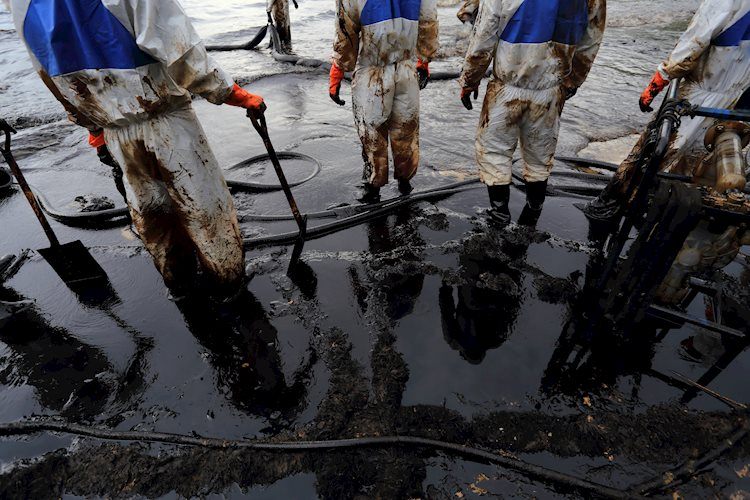The upcoming US presidential election is expected to impact the oil market, as noted by Commerzbank’s commodity analyst Barbara Lambrecht. The effect of President Trump on oil prices remains uncertain, with concrete measures likely needed to see any significant movement in prices. One key factor influencing prices in the short term is the production plans of the eight OPEC+ countries, who had previously committed to voluntary cuts of 2.2 million barrels per day.
At the beginning of September, these countries announced plans to gradually increase production starting in December, but sources close to OPEC have indicated that this increase may be delayed by at least one month. This potential delay could have implications for the oil market, as a withdrawal of the voluntary cuts could lead to an oversupply and put further pressure on prices. The final decision on production strategy for next year is expected to be made at the next OPEC meeting on 1 December.
While most production cuts are set to stay in place until the end of 2025, a withdrawal of the voluntary cuts could lead to an oversupply and negatively impact prices. Any announcement of a postponement to the production increase could support prices in the short term, but concerns around demand may limit significant price increases. Additionally, the release of China’s crude oil import data on Thursday could bring demand concerns back into focus and potentially affect prices.
One potential wildcard that could impact oil prices is the possibility of Iran attacking Israel in the coming days. Such an event could lead to a price increase as geopolitical tensions often have a direct impact on oil markets. Overall, the oil market remains uncertain as the OPEC+ countries navigate their production plans and global events continue to influence prices. It will be important to monitor these factors in the coming days to gauge the potential direction of oil prices.
In conclusion, the US presidential election, OPEC+ production plans, and global events such as geopolitical tensions all have the potential to impact oil prices in the near future. While the outcome of the election remains uncertain, concrete measures will likely be needed to see any significant movement in oil prices. Keeping an eye on OPEC’s decision on production strategy for next year, as well as events such as China’s crude oil import data and geopolitical tensions, will be key in understanding the direction of oil prices in the coming days.











